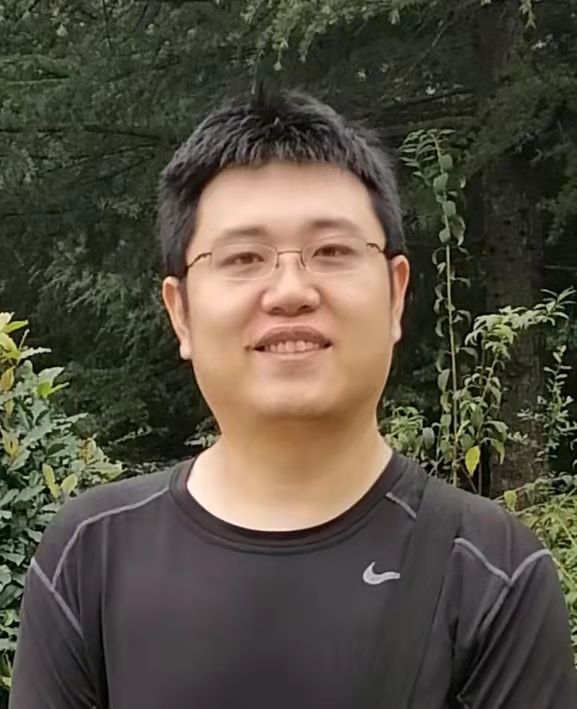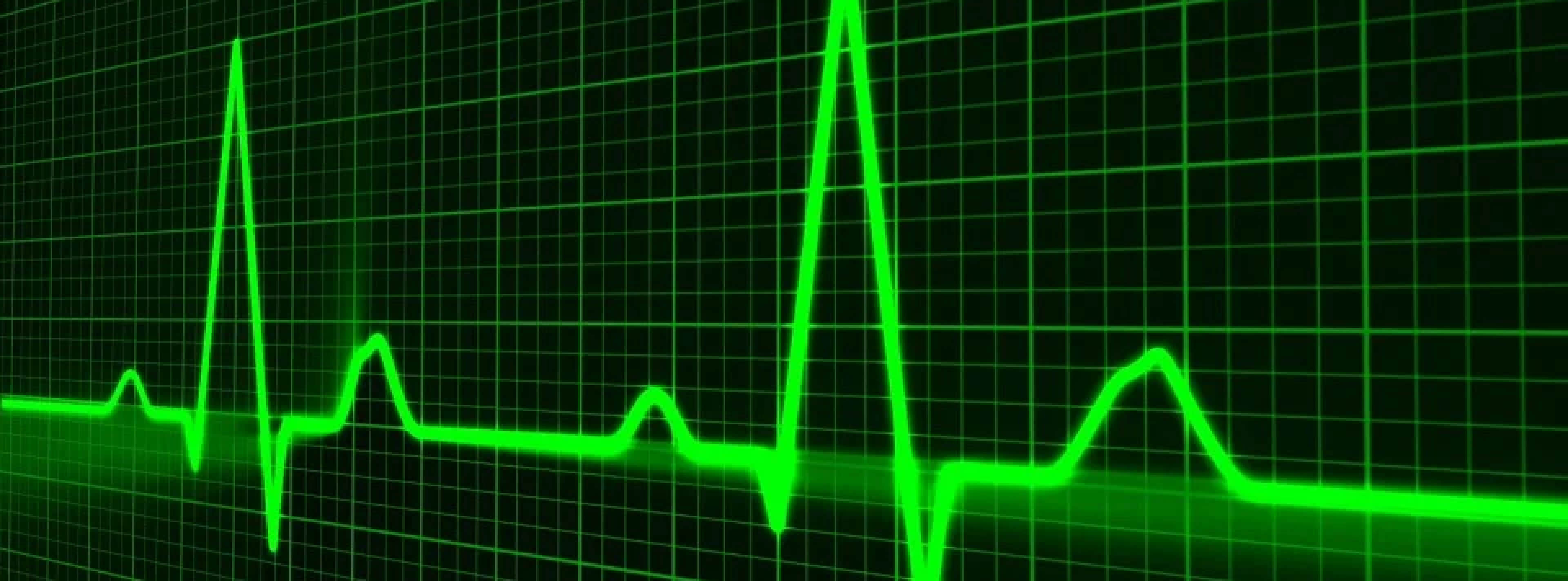
Specially Appointed Professor, Ph.D. Supervisor, esteemed scholar recognized under the National High-Level Overseas Talent Recruitment Program. Dr. Duan serves as Principal Investigator (PI) at several prominent research institutions: Key Laboratory of Immune Response and Immunotherapy, Hefei National Research Center for Physical Sciences at the Microscale, the Key Laboratory of Innate Immunity and Chronic Disease of the Chinese Academy of Sciences, and the Anhui Provincial Key Laboratory of Emerging and Re-emerging Infectious Diseases. His research is primarily focused on the human commensal microbiota and its associations with health and diseases. Dr. Duan has published as first or corresponding author in top-tier journals such as Nature, Nature Communications, Nature Reviews Gastroenterology & Hepatology, Journal of Hepatology, and Gut. His work has received considerable recognition, highlighted in distinguished journals like Nature, Science, Cell, Nature Reviews Drug Discovery, Nature Reviews Gastroenterology & Hepatology, Cell Host & Microbe, and Hepatology. Moreover, his research is featured in Faculty of 1000, achieving the highest rating from two independent reviewers. To date, he has published 35 SCI-indexed articles, with 17 papers featuring an IF > 10, filed one invention patent, and his research has been cited over 2,700 times, including a single paper cited up to 485 times. He is frequently invited to deliver oral presentations at both international and national academic conferences, serves as an editor for journals such as iMeta and mLife, and as a peer reviewer for Nature Communications, Science Advances, among others. Additionally, he was invited to join as the inaugural committee member of the Phage Professional Technical Committee of the Chinese Society of Biotechnology.
Education and Work Experience
2022-Present Professor, Ph.D. Supervisor, Division of Life Sciences and Medicine, University of Science and Technology of China.
2017-2022 Postdoctoral Fellow, University of California, San Diego, School of Medicine, USA.
2011-2016 Ph.D., Biochemistry, Texas A&M University, Department of Biochemistry and Biophysics, USA.
2007-2011 B.S., Biological Sciences, School of Life Sciences, University of Science and Technology of China,
Primary Research Interests
The human gut harbors over 1,000 microbial species, comparable in number to human cells, forming what is often regarded as the body’s “largest organ.” The microbiome carries a “second genome” with gene counts over a hundred times greater than those in the human genome itself, playing an indispensable role in maintaining overall health. Numerous studies have shown that dysbiosis of the gut microbiota is significantly associated with a variety of human diseases, including those of the digestive and nervous systems. Exploring the specific molecular pathogenic mechanisms involved and developing corresponding new diagnostic and therapeutic strategies have profound scientific significance and clinical value.
Bacteriophages, as natural predators of bacteria, infect only bacterial cells without targeting animal cells and possess high host specificity. In the context of increasing antibiotic resistance, phage therapy has garnered more interest, becoming one of the forefront topics in current microbiological research. Phages provide a means for the “precise targeting and elimination” of gut bacteria, offering a feasible approach to fine-tune the gut microbiota, which could serve as a robust foundation for the development of innovative biotherapies aimed at microbiome-related human diseases.
Our research team focuses on the theme of “gut microbiota and human health,”with primary areas of research including:
1. Investigating the impact of gut microbiota on metabolic and immune-related diseases, particularly chronic liver diseases, and elucidating the underlying molecular mechanisms.
2. Developing and applying microbiota-based biotherapies, with a particular focus on phage therapy.
3. Innovating and advancing new technologies and methodologies for studying the gut microbiota.
Representative Publications:(#Co-first author, * Corresponding author)
1. Duan Y#, Llorente C#, Lang S, Brandl K, Chu H, Jiang L, et al. (2019). Bacteriophage targeting of gut bacterium attenuates alcoholic liver disease. Nature. 575(7783): 505-511. doi: 10.1038/s41586-019-1742-x.
Recommended by Faculty of 1000 (Two recommendations from two independent experts). https:/f1000.com/prime/736896846; Featured article and highlighted in Nature, Science, Cell, Nature Reviews Drug Discovery, Nature Reviews Gastroenterology & Hepatology, Hepatology and Environmental Microbiology:
Microbial clues to a liver disease. Nature. doi: 10.1038/d41586-019-03417-3
Toxic gut bacteria make alcohol-triggered liver disease more deadly. Science. doi: 10.1126/science.aba2064
Bacteriophage prevents alcoholic liver disease. Cell. doi: 10.1016/j.cell.2019.12.034
Phages fight alcoholic hepatitis. Nature Reviews Drug Discovery. doi: 10.1038/d41573-019-00198-2
Manipulating the gut microbiota to combat alcoholic hepatitis. Nature Reviews Gastroenterology & Hepatology. doi: 10.1038/s41575-019-0246-3
Phage therapy for alcoholic hepatitis. Hepatology. doi: 10.1002/hep.31623
Hope for alcoholics from phage therapy? Environmental Microbiology. doi: 10.1111/1462-2920.14898
2. Xie S#, Li J#, Lyu F#, Xiong Q#, et al., Duan Y*, Jiang Y*, Zhou H*, Chen P*. (2023). Novel tripeptide RKH derived from Akkermansia muciniphila protects against lethal sepsis. Gut. 14(3):490. doi: 10.1136/gutjnl-2023-329996.
3. Chen X#, Mendes BG#, Alves BS, Duan Y*. (2023). Phage therapy in gut microbiome. Progress in Molecular Biology and Translational Science. doi: 10.1016/bs.pmbts.2023.04.005.
4. Duan Y, Young R, Schnabl B. (2022). Bacteriophages and their potential for treatment of gastrointestinal diseases. Nature Reviews Gastroenterology & Hepatology. 19(2):135-144. doi: 10.1038/s41575-021-00536-z.
5. Mendes BG#, Duan Y#, Schnabl B. (2022). Immune response of an oral Enterococcus faecalis phage cocktail in a mouse model of ethanol-induced liver disease. Viruses. 14(3):490. doi: 10.3390/v14030490.
6. Duan Y#, Chu H#, Brandl K, Jiang L, Zeng S, Mendes BG, et al. (2021). CRIg on liver macrophages clears pathobionts and protects against alcoholic liver disease. Nature Communications. 12(1):7172. doi: 10.1038/s41467-021-27385-3.
7. Chu H#, Duan Y#, Lang S, Jiang L, Wang Y, Llorente C, et al. (2020). The Candida albicans exotoxin Candidalysin promotes alcohol-associated liver disease. Journal of Hepatology. 72(3):391-400. doi: 10.1016/j.jhep.2019.09.029. (2019 AASLD Early Career Investigator Award)
8. Gao B#, Duan Y#, Lang S, Barupal D, Wu TC, Valdiviez L, et al. (2020). Functional microbiomics reveals alterations of the gut microbiome and host co-metabolism in patients with alcoholic hepatitis. Hepatology Communications. 4(8):1168-1182. doi: 10.1002/hep4.1537. (Journal Cover)
9.Duan Y, Huey JD, Herman JK (2016). The DnaA inhibitor SirA acts in the same pathway as Soj (ParA) to facilitate oriC segregation during Bacillus subtilis sporulation. Molecular Microbiology. 102(3):530-544. doi: 10.1111/mmi.13477.
10. Duan Y#, Sperber AM#, Herman JK (2016). YodL and YisK possess shape-modifying activities that are suppressed by mutations in Bacillus subtilismreB and mbl. Journal of Bacteriology. 198(15):2074-2088. doi: 10.1128/JB.00183-16.
11. Zeng S, Rosati E, Saggau C, Messner B, Chu H, Duan Y, Hartmann P, et al. (2023). Candida albicans-specific Th17 cell-mediated response contributes to alcohol-associated liver disease. Cell Host Microbe. 31(3):389-404. doi:10.1016/j.chom.2023.02.001.
12. Demir M#, Lang S#, Hartmann P#, Duan Y, Martin A, Miyamoto Y, Bondareva M, et al. (2022). The fecal mycobiome in non-alcoholic fatty liver disease. Journal of Hepatology. 76(4):788-799. doi: 10.1016/j.jhep.2021.11.029.
13. Hsu CL,Duan Y, Fouts DE, Schnabl B. (2021). Intestinal virome and therapeutic potential of bacteriophages in liver disease. Journal of Hepatology. 75(6):1465-1475. doi: 10.1016/j.jhep.2021.08.003.
14. Zhang Q, Ma C, Duan Y, Heinrich B, Rosato U, Diggs L, et al. (2021). Gut microbiome directs hepatocytes to recruit MDSC and promote cholangiocarcinoma. Cancer Discovery. 11(5):1248-1267. doi: 10.1158/2159-8290.CD-20-0304.
15. Jiang L#, Lang S#, Duan Y, Zhang X, Gao B, Chopyk J, et al. (2020). Intestinal virome in patients with alcoholic hepatitis. Hepatology. 72(6):2182-2196. doi: 10.1002/hep.31459.
16. Lang S, Duan Y, Liu J, Torralba MG, Kuelbs C, Ventura-Cots M, et al. (2020). Intestinal fungal dysbiosis and systemic immune response to fungi in patients with alcoholic hepatitis. Hepatology. 71(2):522-538. doi: 10.1002/hep.30832. (IF=17.425)
17. Lang S#, Demir M#, Martin A, Jiang L, Zhang X, Duan Y, Gao B, Wisplinghoff H, et al. (2020). Intestinal virome signature associated with severity of nonalcoholic fatty liver disease. Gastroenterology. 159(5):1839-1852. doi: 10.1053/j.gastro.2020.07.005.
18. Hendrikx T, Duan Y, Wang Y, Oh JH, Alexander LM, Huang W, et al. (2019). Bacteria engineered to produce IL-22 in intestine induce expression of REG3G to reduce ethanol-induced liver disease in mice. Gut. 68(8):1504-1515. doi: 10.1136/gutjnl-2018-317232.
19. Chu H, Duan Y, Yang L, and Schnabl B (2019). Small Metabolites, possible big changes: a microbiota-centered view of non-alcoholic fatty liver disease. Gut. 68(2):359-370. doi: 10.1136/gutjnl-2018-316307.
For a complete list of papers, visit:
Google Scholar: https://scholar.google.com/citations?user=ACzdWz8AAAAJ&hl=en
Recruitment
The lab is seeking postdoctoral researchers and specially appointed associate researchers with backgrounds in microbiology, immunology, cell biology, bioinformatics, synthetic biology, etc., offering competitive benefits. Undergraduate students interested in microbiome and human health are also welcome for internships and pursuing master’s or PhD degrees.
Contact Information
Email: yduan@ustc.edu.cn

